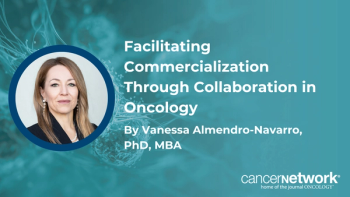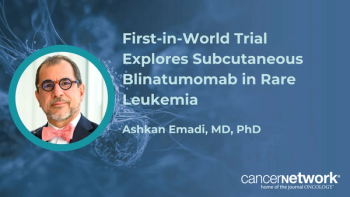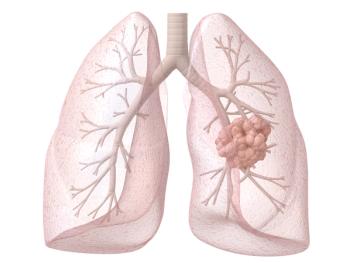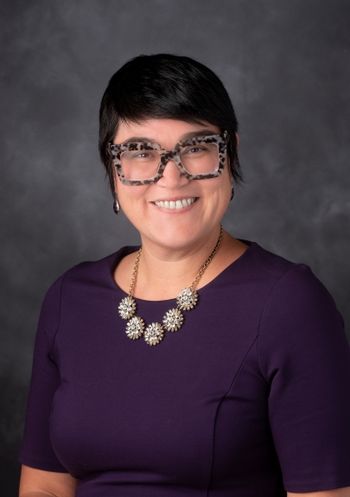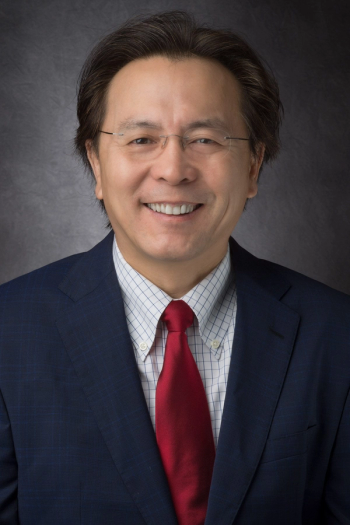
FDA Grants Investigational CAR-T Cell Therapy CB-010 2 Designations for B-Cell Non-Hodgkin Lymphoma
The allogeneic anti-CD19 CAR-T cell therapy CB-010 has received 2 designations from the FDA, including a fast-track designation for relapsed/refractory B-cell non-Hodgkin lymphoma.
The FDA has issued 2 designations to the investigational allogeneic CD19-directed CAR-T cell therapy CB-010, according to a Caribou Biosciences press release.
The new therapy received a Regenerative Medicine Advanced Therapy (RMAT) designation for relapsed/refractory large B-cell lymphoma (LBCL) and a Fast Track designation for relapsed/refractory B-cell non-Hodgkin lymphoma.
CB-010, a product of Cas9 CRISPR hybrid RNA-DNA (chRDNA) technology, is under evaluation for patients with relapsed/refractory B-cell non-Hodgkin lymphoma in the ongoing phase 1 ANTLER trial (NCT04637763). It boosts antitumor activity by inserting a CD19-specific CAR into the TRAC gene and knocking out PD-1.
At dose level 1, consisting of 40x106 CAR-T cells, treatment with CB-010 produced a complete response (CR) in all 6 patients, 3 of whom maintained said response at 6 months. The longest CR to date has persisted for 15 months.
“RMAT and Fast Track designations for CB-010 are important recognitions of the significant unmet patient need for an off-the-shelf cell therapy in the treatment of aggressive B-cell non-Hodgkin lymphoma,” said Rachel Haurwitz, PhD, president and CEO of Caribou Biosciences, in the release. “Through genome editing with our precision CRISPR chRDNA genome-editing technology, CB-010 has been designed with a PD-1 knockout strategy to improve the persistence of antitumor activity by limiting premature CAR-T cell exhaustion.”
The first-in-human, open-label, multicenter ANTLER trial aims to ascertain the objective response rate, as well as the frequency and severity of dose-limiting toxicities, following CB-010 therapy. The study will occur in two parts, the first being a dose escalation phase following a 3 + 3 design and the second being an expansion phase in which the dose determined in the first part will be tested.
As planned, 50 adults with relapsed/refractory B-cell non-Hodgkin lymphoma will be enrolled to receive CB-010 following lymphodepletion consisting of cyclophosphamide and fludarabine (Fludara). Patients with any of 3 LBCL subtypes—diffuse large B-cell lymphoma (DLBCL), primary mediastinal large B-cell lymphoma (PMBCL), and high-grade B-cell lymphoma (HGBL)—may enroll.
To participate in the trial, patients are required to have an ECOG performance status of 0 or 1 and adequate hematologic, renal, liver, cardiac and pulmonary organ function. Prior anti-CD19 targeting therapy or allogeneic stem cell transplantation comprised some of the exclusion criteria.
Central nervous system (CNS) lymphoma or a prior CNS malignancy were also grounds for exclusion, as were any prior seizure disorders, cerebrovascular ischemia, dementia, cerebellar disease, or autoimmune disease with CNS involvement.
“We are encouraged that CB-010 has demonstrated early potential as an off-the-shelf cell therapy that may meaningfully rival autologous cell therapies,” Haurwitz concluded.
References
Caribou Biosciences Announces the FDA Granted Regenerative Medicine Advanced Therapy (RMAT) and Fast Track Designations to CB-010, an Allogeneic Anti-CD19 CAR-T Cell Therapy. News Release. Caribou Biosciences. November 29, 2022. Accessed November 29, 2022.
Newsletter
Stay up to date on recent advances in the multidisciplinary approach to cancer.


